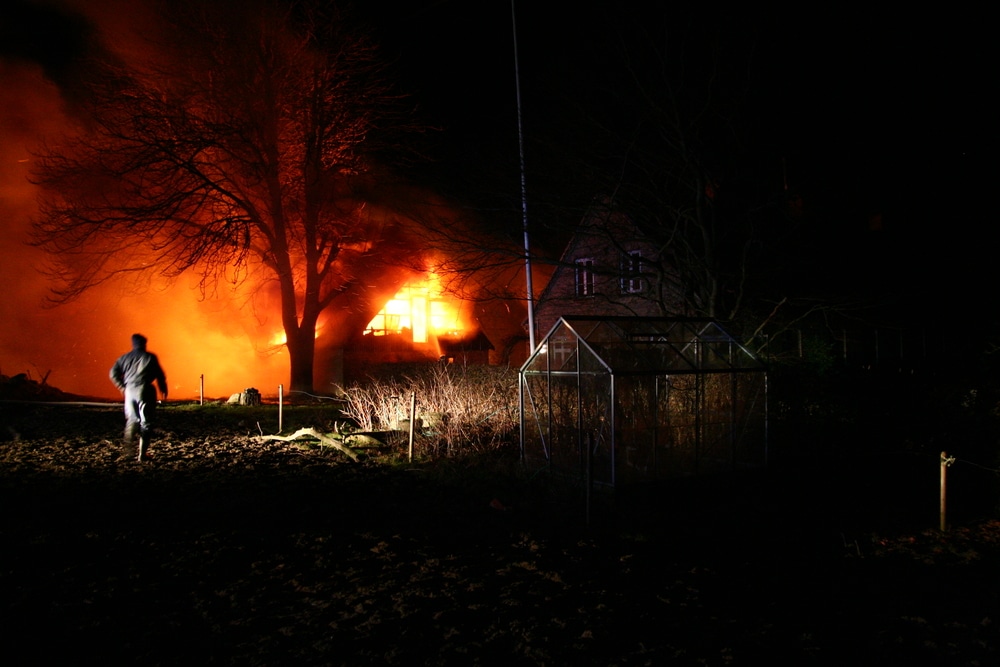Being accused of arson in Maine is a serious matter that can lead to felony charges, significant prison time, and life-altering consequences. Whether you’re facing false allegations or dealing with the legal repercussions of a fire-related incident, having a skilled defense attorney is crucial.
At The Maine Criminal Defense Group, our experienced legal team understands the complexities of Maine’s arson laws and builds strategic defenses to protect your rights. We work tirelessly to challenge the prosecution’s evidence, expose weaknesses in their case, and fight for the best possible outcome.
Your future and freedom are at stake. Contact us today to discuss your arson defense strategy with a dedicated Maine criminal defense attorney.
Call 207-571-8146 or contact us online to schedule a consult with one of our highly skilled criminal defense & OUI lawyers, serving Southern Maine, today.
Table of Contents
Arson defined in Maine
Maine takes property crimes seriously, however, imposes especially severe penalties for arson – likely due to the high risk of fires spreading uncontrollably, risking both property and lives.
The crime of arson is found at 17-A §802(1) of Maine’s criminal code:
- A person is guilty of arson if he starts, causes, or maintains a fire or explosion;
- On the property of another with the intent to damage or destroy property thereon; or
- On his own property or the property of another
- With the intent to enable any person to collect insurance proceeds for the loss caused by the fire or explosion; or
- Which recklessly endangers any person or the property of another.
Reading this statute, it’s clear that there are two different types of arson, depending on who owns the property that gets affected, and on the intent of the arsonist in damaging that particular property.
Types of arson offenses in Maine
The first type of arson concerns property owned by someone other than the arsonist, and that the arsonist wants to damage. In this case, someone is guilty if he or she “starts, causes, or maintains a fire or explosion… with the intent to damage or destroy” the property on it.
The second type of arson is more complex, as it involves either setting fire to one’s own property to collect insurance money or recklessly endangering another person or their property.
Bear in mind that “property” is used in the “legalese” way here. It doesn’t only mean someone’s land. Instead, its meaning is much broader and includes anything that someone owns, like their car, their house, their pet, or their couch, as well as their land. Additionally, whether intent or recklessness were involved will be a factor.
You can read up on what “reckless‘ means, in the legal sense. Generally, “intent” means that you want a certain thing to happen and then that desire is acted upon, while “recklessness” means that you consciously disregard the risk that your conduct will have a certain effect. An example of recklessness is swinging a baseball bat in a crowded room. While you’re not intending to hurt or kill someone, you’re ignoring the substantial chance that it will.
Call 207-571-8146 or contact us online to schedule a consult with one of our highly skilled criminal defense & OUI lawyers, serving Southern Maine, today.
What are the Penalties for Arson in Maine?
Because it involves fire, which can quickly cause lots of destruction, arson carries harsh penalties. It’s a Class A felony crime – the most serious type of crime in Maine, not counting murder, putting arson alongside manslaughter, gross sexual assault, and aggravated drug trafficking. As a Class A felony, an arson conviction comes with up to 30 years in prison and a $25,000 fine. Each sentence, however, is individualized by the judge hearing the case.
In addition to the criminal sanctions, arson is like other property crimes in Maine and often comes with what is called “restitution demands.” If convicted for arson, you could then face a civil court case in which you have to make restitution to the person who lost property in the fire or explosion by paying for the value of the property lost.
Arson is a serious crime in Maine, but a charge for arson is not a conviction. An experienced criminal defense attorney will know the best way to defend you if you have been charged with the crime of arson.
How to Defend Against Arson Charges in Maine
Aside from challenging factual allegations, such as whether you were actually the one setting the fire or causing the explosion, one way that experienced criminal defense attorneys will bring perspective to this situation is questioning whether you had a “culpable state of mind” at the time of the alleged crime. Did you actually want this outcome? This would address the element of intent.
Did you actively ignore a substantial risk to others, or to other people’s property in setting the fire or explosion? This would address the element of recklessness.
Even if the case seems “open and shut,” there are still things that a quality defense attorney can do to help protect your interests and freedom. A judge will consider mitigation factors and that may affect the final outcome. For example, in one case from 1998, someone got angry at her roommate and set her bed on fire while the roommate was sleeping in it. While this seems to fall under both the first and third categories of arson that we laid out above, her defense attorney successfully argued that the defendant woke her roommate up and saved her from the fire, and then tried putting out the blaze. This resulted in several years being taken off the defendant’s jail sentence.
Contact our Maine Arson defense lawyers
Hiring a quality defense attorney can prevent a criminal charge or arson from becoming a conviction. It can also minimize the damages, if it does end up as a conviction. Contact The Maine Criminal Defense Group today to schedule an appointment with one of our skilled attorneys, or call us directly online at (207) 571-8146.
Call 207-571-8146 or contact us online to schedule a consult with one of our highly skilled criminal defense & OUI lawyers, serving Southern Maine, today.
Blog Posts
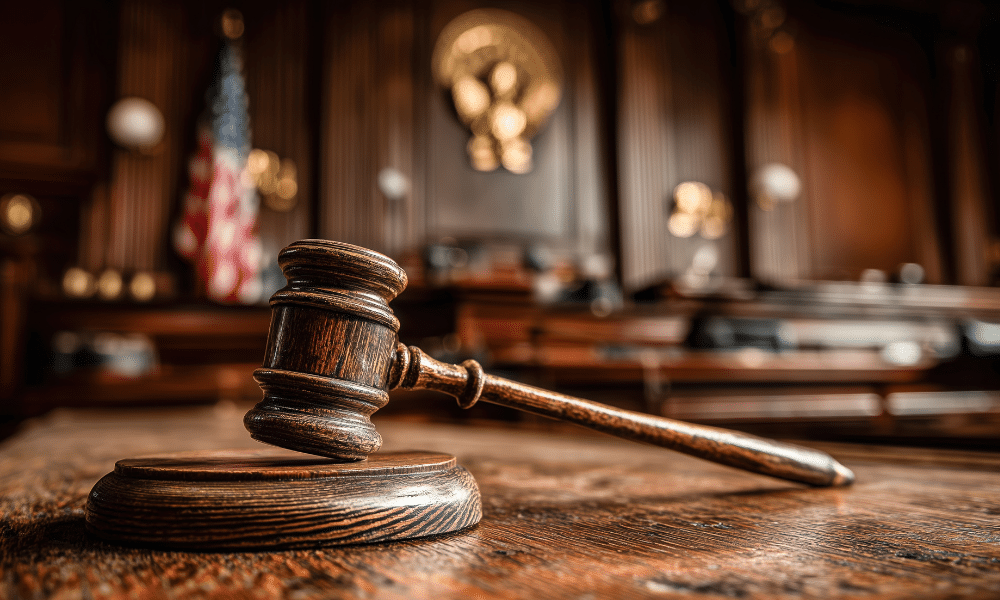
Defendants in criminal cases typically have four options for resolving their case if the charges are not dismissed: Plea negotiation, where the defendant agrees to plead guilty (or no contest)[...]

A criminal conviction usually appears on criminal records for life in Maine, potentially impacting the individual’s employment, education, travel, housing, immigration status, and more. However, certain low-level misdemeanor convictions can[...]
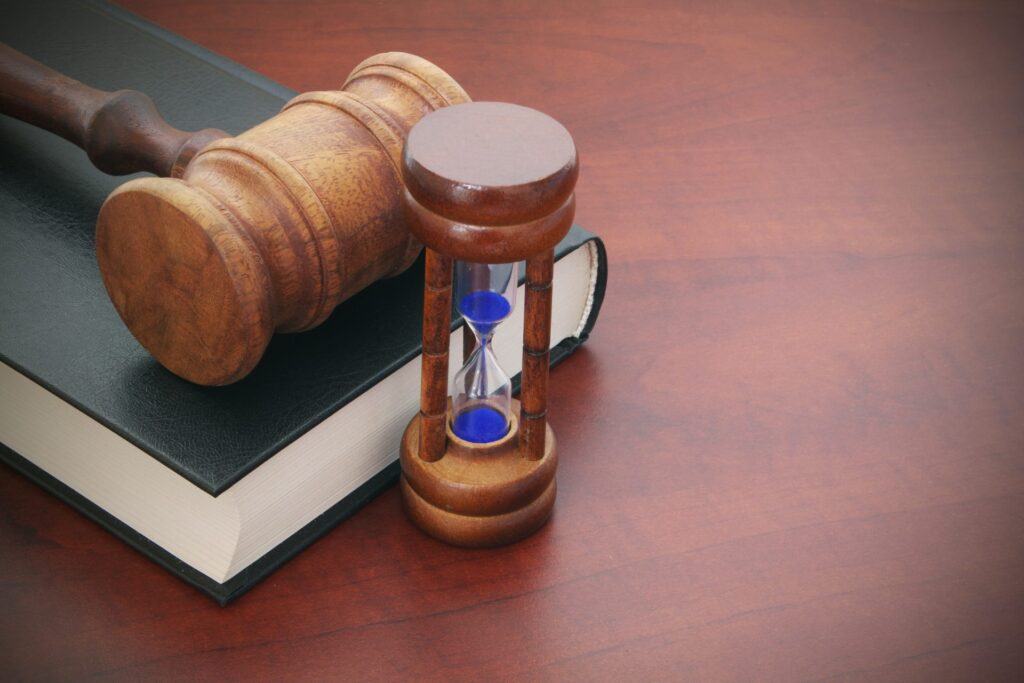
The legal term for sentencing a convicted criminal is not required to serve is called a suspended sentence. A suspended sentence is handed down during the sentencing portion following a[...]

If you receive a traffic ticket in Maine, you may be facing far more than demerit points or an administrative penalty. You could be facing criminal sanctions and a permanent[...]
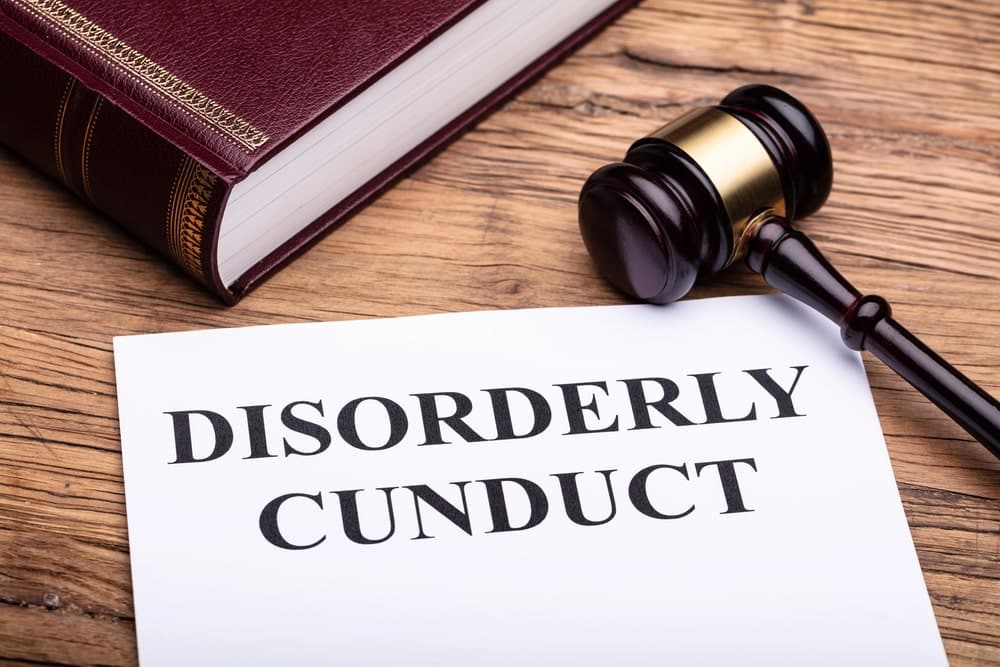
In Maine, disorderly conduct laws effectively make disturbing the peace a criminal offense. While disorderly conduct is considered one of the least serious offenses under Maine’s Criminal Statutes, it can[...]

Any criminal charge for a drug-related offense is a serious matter in Maine,but how consequential the outcomes can get may depend on whether the charge is filed at the state[...]


Self-defense laws in the U.S. are complex, vary from state to state, and are often misunderstood. “Stand your ground” laws allow an individual to use deadly force in self-defense in[...]

Every day in Maine, people are charged with crimes that they did and did not do. Fortunately, in the U.S., we have a justice system that says you’re innocent until[...]
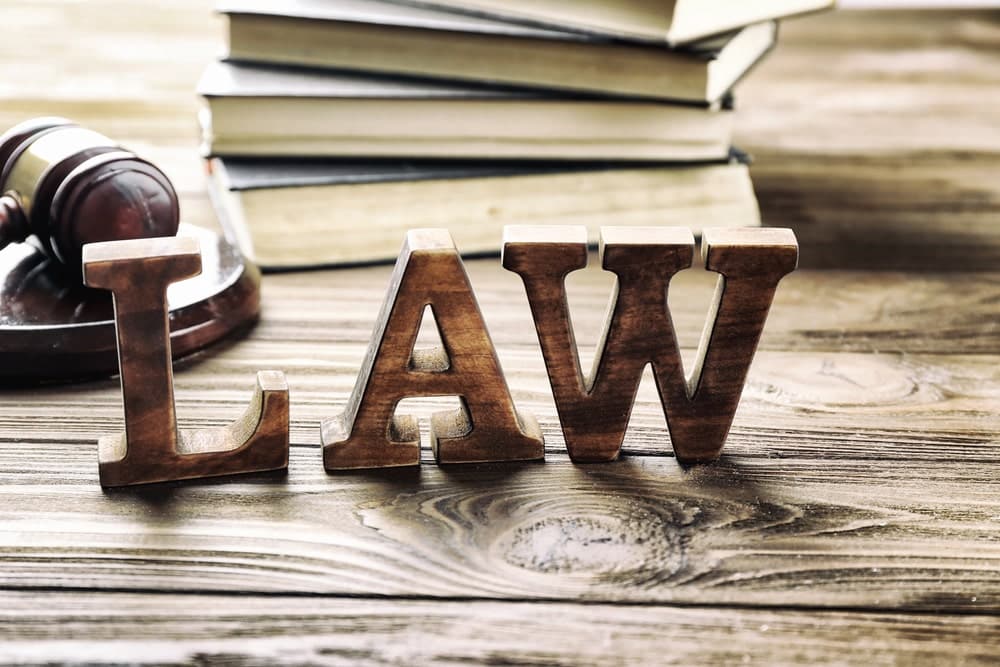
Expungement is the practice of legally erasing or striking out documents or information relevant to criminal charges. It’s not possible to expunge a criminal record in Maine. However, other avenues[...]
